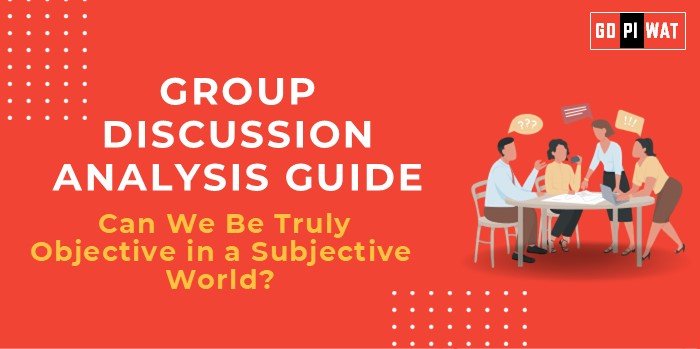📋 Group Discussion (GD) Analysis Guide: Whistleblowing—A Moral Dilemma
🌐 Introduction to the Topic
Opening Context: Whistleblowing often involves exposing unethical practices or corruption within powerful organizations. It raises the ethical dilemma of breaking the law versus upholding public interest.
Topic Background: Whistleblowers like Edward Snowden and Julian Assange have sparked global debates about their actions. Some view them as heroes protecting democratic values; others argue they compromised national security.
📊 Quick Facts and Key Statistics
- 🕵️♂️ Edward Snowden’s Revelations (2013): Exposed NSA’s mass surveillance; deemed illegal by U.S. courts in 2020.
- 🌍 Global Whistleblower Index (2023): Ranked top 3 countries with protective laws: UK, Australia, USA.
- 🇮🇳 India’s Whistleblower Protection Act (2014): Often criticized for poor implementation.
- 💼 Corporate Fraud (2022): 43% of fraud cases globally uncovered by whistleblowers (ACFE report).
👥 Stakeholders and Their Roles
- 🏛️ Governments: Maintain state secrets and ensure security.
- 💼 Corporates: Address internal corruption while safeguarding reputation.
- 🧑🤝🧑 Citizens: Rely on whistleblowers for transparency and accountability.
- 📰 Media: Amplifies whistleblower claims, influencing public opinion.
- 👤 Whistleblowers: Expose ethical breaches, risking retaliation.
🏆 Achievements and Challenges
✨ Achievements:
- ✔️ Policy Reforms: Snowden’s revelations led to privacy legislation reforms.
- 📈 Corporate Accountability: Enron scandal whistleblowing redefined corporate governance.
- 📢 Public Awareness: Enabled critical debates on surveillance and transparency.
⚠️ Challenges:
- ⚖️ Ethical Ambiguity: Balancing secrecy laws and moral obligations.
- ⚡ Retaliation Risks: 56% of whistleblowers face retaliation globally.
- 🌏 Global Comparisons: Countries like Sweden offer robust protections, unlike India or China.
📖 Case Study:
- 🇮🇳 India: Satyendra Dubey’s whistleblowing in the Golden Quadrilateral project revealed corruption but cost him his life.
💬 Structured Arguments for Discussion
- ✔️ Supporting Stance: “Whistleblowers safeguard democracy and public interest by exposing corruption.”
- ❌ Opposing Stance: “Releasing classified information jeopardizes national security and undermines institutional trust.”
- ⚖️ Balanced Perspective: “Whistleblowing serves justice but requires a structured legal framework to balance risks.”
🛠️ Effective Discussion Approaches
- 🎯 Opening Approaches:
- 📖 Cite Snowden or Dubey’s cases to highlight risks and rewards.
- ❓ Begin with a provocative question: “Is transparency worth compromising security?”
- 🔄 Counter-Argument Handling:
- Use evidence like legal reforms or successful outcomes (e.g., Sarbanes-Oxley Act) to address criticism.
🔍 Strategic Analysis: Strengths and Weaknesses
- 💪 Strengths: Ensures transparency; curbs corruption.
- ⚡ Weaknesses: Retaliation risks; misuse for personal gain.
- 🌟 Opportunities: Build protective frameworks; encourage ethical practices.
- ⚔️ Threats: Legal loopholes; national security risks.
📚 Connecting with B-School Applications
- 🌍 Real-World Applications:
- Ethical decision-making in leadership roles.
- Risk assessment in crisis management.
- ❓ Sample Interview Questions:
- “How should organizations balance transparency and confidentiality?”
- “Can whistleblowing policies reduce fraud?”
- 💡 Insights for B-School Students:
- Effective policies prevent ethical dilemmas.
- Leaders must foster cultures that encourage accountability.


